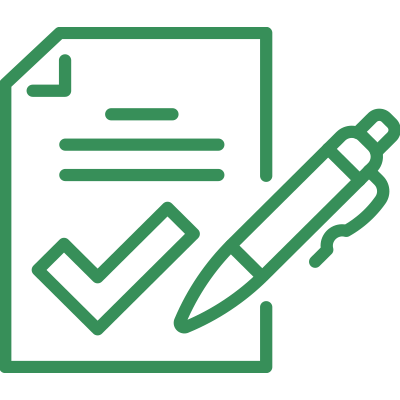Communication with Stakeholders
Communication with Stakeholders

Employees
Education and training, communication channels for grievances and suggestions, labor-management meetings, internal mailboxes, websites, and WeCom systems
Communication frequency
Annually
Irregularly

Customers
Communication method
Business meetings/visits, website and mailbox, customer satisfaction survey
Communication frequency
Annually
Irregularly

Supplier
Communication method
Supplier conferences, supplier training activities
Communication frequency
Annually
Irregularly

Investors
Communication method
Shareholders' meeting, legal briefing/symposium, annual report, financial report, sustainability report legal briefing, public information observatory
Communication frequency
Annually
Quarterly
Irregularly

Government Agencies
Communication method
Trade associations and competent authority symposiums and seminars
Communication frequency
Irregularly

Public Welfare Groups
Communication method
Sending questionnaires, specialized media and public relations units, social media
Communication frequency
Irregularly
Communication frequency
Irregularly
Contact
If you have any opinions or questions, please contact us





